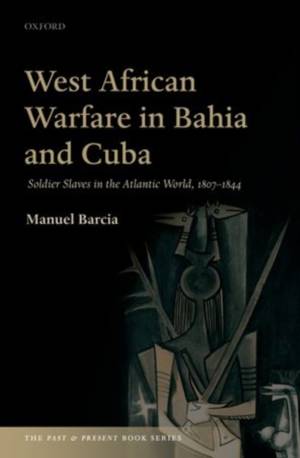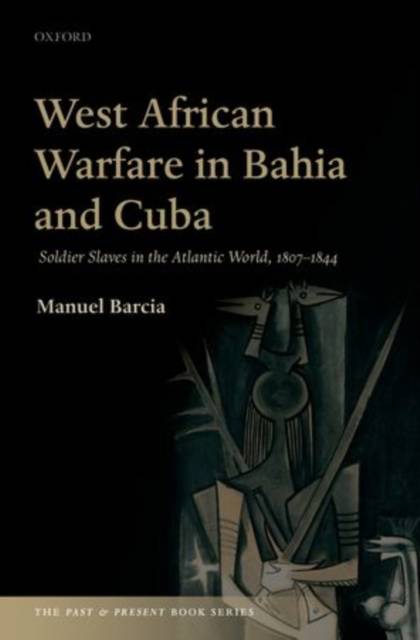
- Retrait gratuit dans votre magasin Club
- 7.000.000 titres dans notre catalogue
- Payer en toute sécurité
- Toujours un magasin près de chez vous
- Retrait gratuit dans votre magasin Club
- 7.000.0000 titres dans notre catalogue
- Payer en toute sécurité
- Toujours un magasin près de chez vous
West African Warfare in Bahia and Cuba
Soldier Slaves in the Atlantic World, 1807-1844
Manuel (Professor of Hispanic Studies, Professor of Hispanic Stu
224,45 €
+ 448 points
Format
Description
Presents an account of West African slavery in Cuba and Bahia from 1790, arguing that the large numbers of slaves brought to the same plantations from the same areas of West Africa was a factor in many of the slave uprisings of the time, connecting people and events in a fascinating and unique narrative.
Spécifications
Parties prenantes
- Auteur(s) :
- Editeur:
Contenu
- Nombre de pages :
- 206
- Collection :
Caractéristiques
- EAN:
- 9780198719038
- Date de parution :
- 25-09-14
- Format:
- Livre relié
- Dimensions :
- 233 mm x 155 mm
- Poids :
- 518 g

Les avis
Nous publions uniquement les avis qui respectent les conditions requises. Consultez nos conditions pour les avis.






